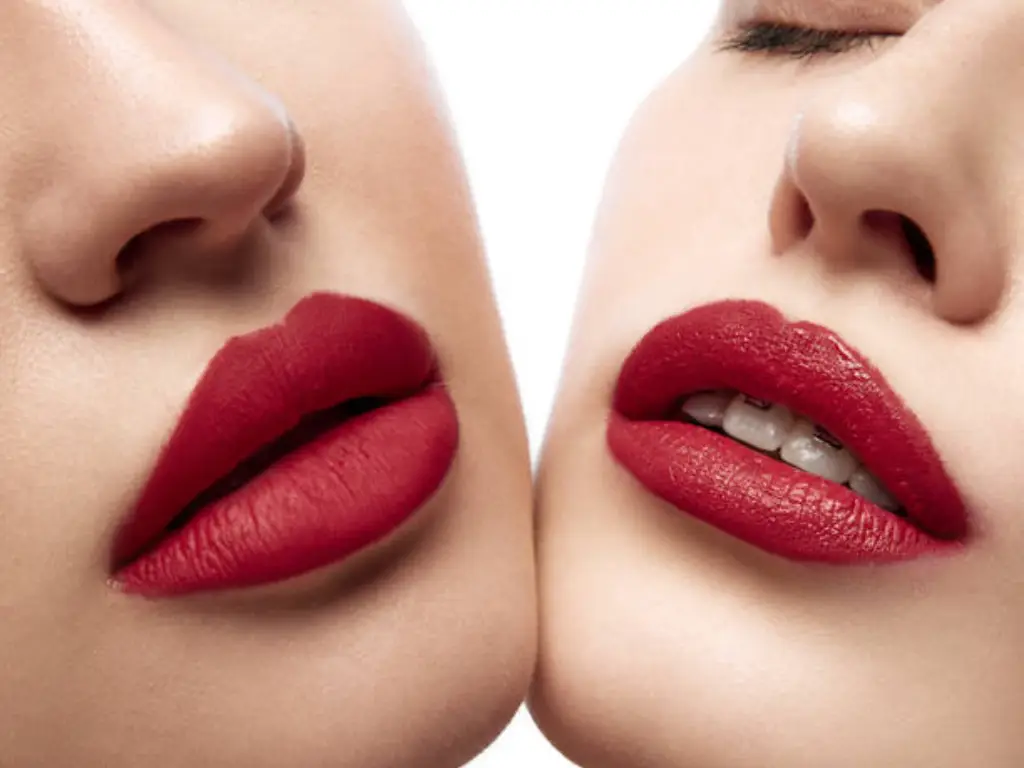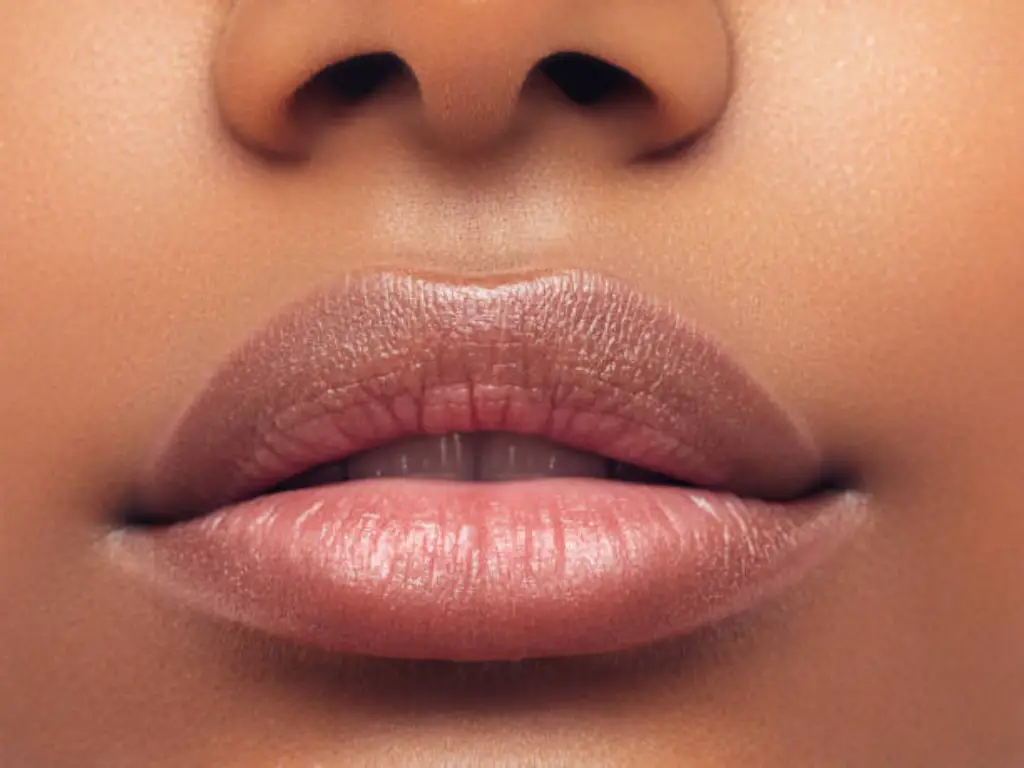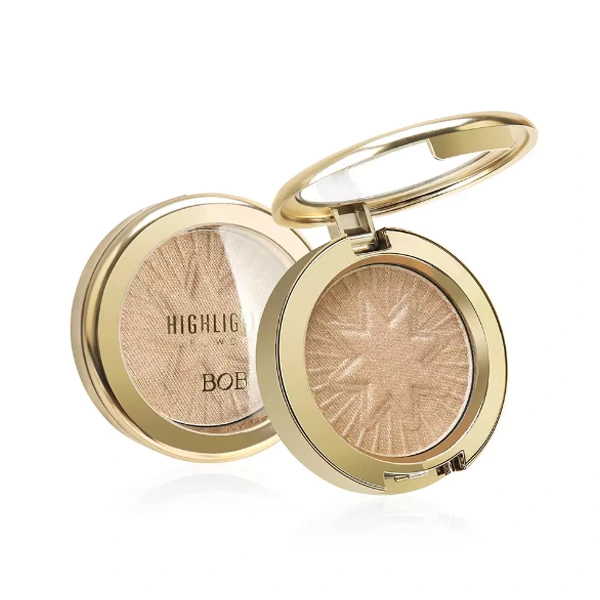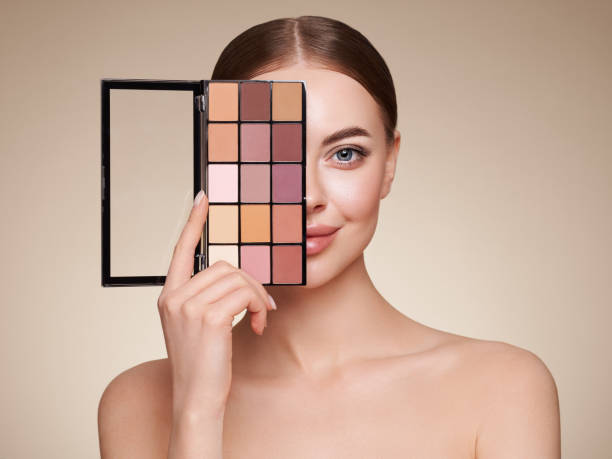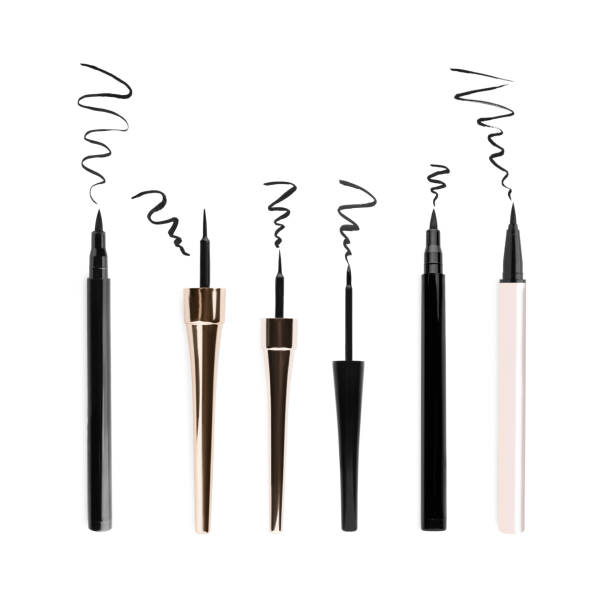Mascara is a staple in many makeup bags, offering an easy way to enhance and define the lashes. But have you ever stopped to wonder what exactly goes into making this magical product? In this comprehensive guide, we’ll delve into the ingredients that make up mascara, exploring their roles and how they contribute to the final product.
What Is Mascara?
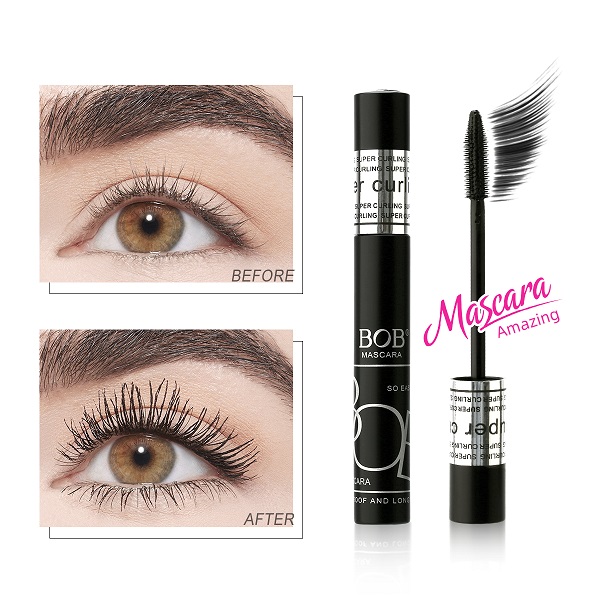
Mascara is a cosmetic product used to darken, lengthen, and thicken the appearance of eyelashes. It typically comes in a tube with a wand applicator for easy application. Mascara is a must-have for many makeup enthusiasts, as it can instantly transform the eyes and create a more dramatic look.
What Is Mascara Made Of?
Mascara is composed of a variety of key ingredients that work together to create the desired effect on the lashes. These ingredients can vary depending on the formula and brand, but there are some common components that are found in most mascara products.
Common Ingredients in Mascara
Mascara is a beauty essential that can elevate your look and enhance the natural beauty of your lashes and integrate with different eyeliner styles. The following are some common ingredients in mascara:

Water
Water serves as the primary base for most mascara formulations, providing a liquid consistency that allows the product to be easily applied to the lashes. Water not only helps to hydrate and nourish the lashes but also acts as a carrier for other key ingredients, ensuring a smooth and effortless application.
Beeswax
Beeswax is a natural ingredient commonly found in mascara formulations, prized for its ability to provide structure and volume to the lashes. Beeswax acts as a binding agent, helping to coat and lengthen each lash while creating a fuller and more defined look. Its moisturizing properties also help to protect and strengthen the lashes, promoting overall lash health.
Carnauba Wax
Carnauba wax is another essential ingredient in mascara, known for its ability to create a smooth and even application. This natural wax helps to prevent clumping and smudging, allowing the mascara to glide effortlessly onto the lashes. Carnauba wax also adds a luxurious sheen to the lashes, enhancing their appearance and creating a polished finish.
Iron Oxide
Iron oxide is a mineral pigment commonly used in mascara to add rich and intense color to the lashes. From classic black to bold blues and greens, iron oxide provides a wide range of vibrant shades to suit any look or mood. This versatile ingredient ensures that your lashes stand out and make a statement, enhancing your eyes and overall beauty.
Panthenol
Panthenol, also known as provitamin B5, is a key ingredient in mascara that helps to nourish and condition the lashes. This essential nutrient penetrates the hair shaft, hydrating and strengthening the lashes from within. Panthenol not only promotes lash health but also helps to prevent breakage and improve the overall appearance of the lashes, making them look thicker, longer, and more resilient.
Polymer Agents
Polymer agents play a crucial role in mascara formulations, helping to enhance curl and length for a dramatic and eye-catching effect. These innovative ingredients create a flexible and long-lasting film over the lashes, providing lift and separation while adding extra length and volume. Polymer agents also help to hold the curl in place throughout the day, ensuring that your lashes look flawless and defined from morning to night.
Water-Based vs. Oil-Based vs. Wax-Based Formulas
There are several types of mascara formulas available, each with its own unique benefits and ingredients.
Water-Based Formulas
Water-based mascaras utilize water as the main solvent to create a lightweight and hydrating formula. Some common ingredients found in water-based mascaras include water (of course), glycerin, and various emulsifiers and thickeners. These formulas are ideal for those with sensitive eyes or contact lens wearers, as they are less likely to cause irritation or smudging. The benefits of water-based mascaras include easy removal with water or a gentle cleanser, a natural and subtle look, and a comfortable feel on the lashes without weighing them down.
Oil-Based Formulas
Oil-based mascaras are formulated with oils such as mineral oil, castor oil, or jojoba oil to create a rich and nourishing formula. These mascaras are excellent for adding volume and length to the lashes while conditioning and protecting them from dryness and breakage. Common ingredients in oil-based mascaras include various oils, waxes, and emollients. The benefits of oil-based mascaras include intense color payoff, a glossy finish, and long-lasting wear that resists smudging and flaking throughout the day.
Wax-Based Formulas
Wax-based mascaras use waxes like beeswax, carnauba wax, or paraffin wax to create a thick and volumizing formula. These mascaras are known for their ability to add structure, hold curl, and create dramatic lash looks. Common ingredients in wax-based mascaras include various waxes, film-forming agents, and polymers. The benefits of wax-based mascaras include buildable volume, length, and definition, a lightweight feel on the lashes, and a long-lasting formula that stays put without smudging or flaking.
Harmful Mascara Ingredients to Avoid
While mascara can enhance the appearance of your lashes, it’s important to be mindful of the ingredients used in the formula. Some harmful ingredients to avoid include:
Parabens
Parabens are synthetic preservatives commonly used in cosmetics to extend their shelf life. While effective at preventing bacterial growth, parabens have been linked to hormone disruption and potential carcinogenic effects. Look for mascara formulas labeled as “paraben-free” to avoid these potentially harmful compounds.
Formaldehyde
Formaldehyde is a known carcinogen and skin irritant that may be found in some mascara formulas as a preservative. Prolonged exposure to formaldehyde may lead to respiratory issues and skin sensitivities. Opt for mascara products that do not contain formaldehyde or formaldehyde-releasing compounds to protect your skin and overall health.
Aluminum Powder
Aluminum powder is used in cosmetics as a colorant to add shimmer and metallic effects. However, studies have shown that exposure to aluminum powder may be linked to neurotoxicity and adverse health effects. Choose mascaras that are free from aluminum powder to minimize potential risks to your well-being.
Propylene Glycol
Propylene glycol is a synthetic compound commonly used in cosmetics as a humectant and solvent. While generally recognized as safe for topical use, propylene glycol may cause skin irritation and allergic reactions in some individuals. To avoid potential sensitivities, opt for mascaras that are formulated without propylene glycol.
Lead
Lead is a heavy metal that has no place in cosmetics, including mascara. Exposure to lead can have serious health implications, including neurotoxicity and developmental issues. Ensure that your mascara is lead-free by choosing products from reputable brands with strict quality control measures in place.
Retinyl Acetate
Retinyl acetate is a form of vitamin A commonly added to cosmetics for its anti-aging properties. However, when exposed to sunlight, retinyl acetate can break down into harmful compounds that may increase skin sensitivity and irritation. Consider using mascaras that do not contain retinyl acetate to protect your skin and maintain its health.
Ethanolamine Compounds
Ethanolamine compounds, such as DEA (diethanolamine) and TEA (triethanolamine), are emulsifiers and pH adjusters commonly found in cosmetics. However, these compounds can react with other ingredients to form potentially harmful byproducts, such as nitrosamines, which are known carcinogens. Avoid mascara products that contain ethanolamine compounds to minimize exposure to these harmful substances.
Coal Tar Dyes
Coal tar dyes are synthetic colorants derived from coal tar that are used in cosmetics to add vibrant pigmentation. While effective at creating bold hues, coal tar dyes have been associated with skin sensitivities and potential carcinogenic effects. Look for mascaras that are free from coal tar dyes and opt for naturally derived or mineral-based colorants instead.
How Mascara Adheres to Lashes?
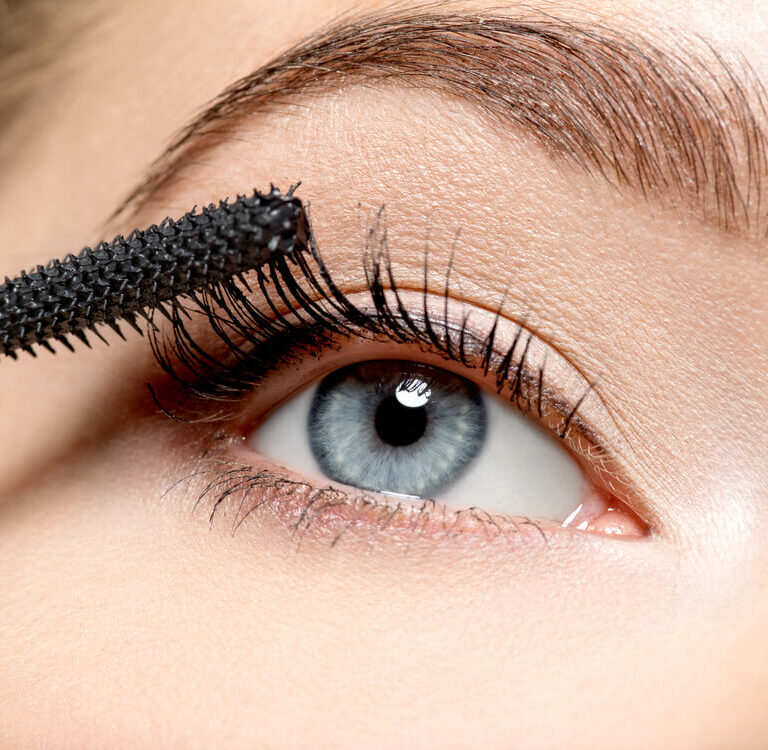
It involves a delicate balance of ingredients that work together to create a long-lasting and impactful effect. The key players in this process include polymers, which act as binding agents to attach the mascara to the lashes, creating a seamless and voluminous look. These polymers form a film-like layer over the lashes, providing structure and definition while ensuring the mascara stays in place throughout the day. Additionally, ingredients such as beeswax and carnauba wax help to add volume and length to the lashes, further enhancing the overall effect of the mascara.
Does Mascara Have Metal in It?
While some mascaras may contain trace amounts of metal pigments for color intensity, most modern formulas do not contain significant levels of metals that pose a risk to health. However, it’s always important to check the ingredient list and choose products from reputable mascara manufacturersto ensure safety.
Is Mascara Made Out of Bat Poop?
Contrary to popular myths, mascara is not made out of bat poop. This rumor likely stems from the use of guanine, a shimmering effect derived from fish scales, in some mascara formulas. Rest assured, modern mascaras are made from a combination of safe and effective ingredients to enhance your lashes without any unsavory additions.
Conclusion
Mascara is a versatile and essential makeup product that can enhance your natural beauty and transform your look with just a few swipes. By understanding the key ingredients in mascara, as well as the different formulas and harmful ingredients to avoid, you can make informed choices when selecting the perfect mascara for your lashes. Remember to prioritize safety and quality when choosing makeup products, and don’t be afraid to experiment with different formulas to find the perfect match for your unique lash needs.


